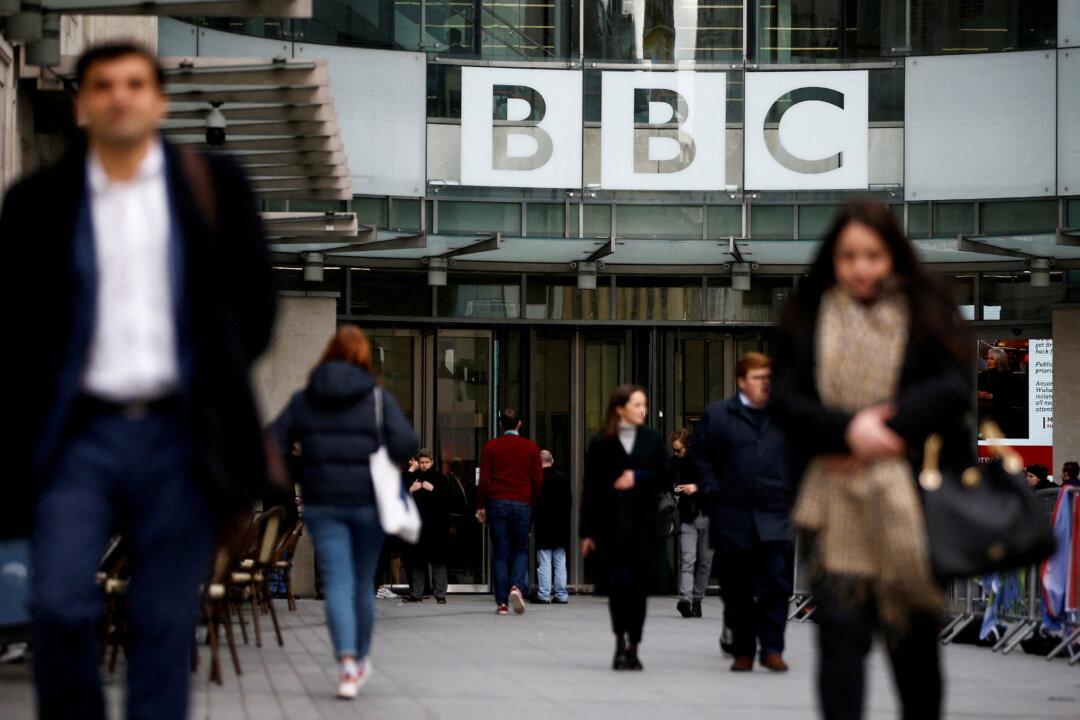The BBC licence fee will rise by £10.50 to £169.50 a year, Culture Secretary Lucy Frazer has announced, along with a review into alternative funding models.
The fee, which funds much of the corporation’s operations, had been frozen at £159 in 2022 for two years to “protect families from the sharp rise in the cost of living,” the government said.





